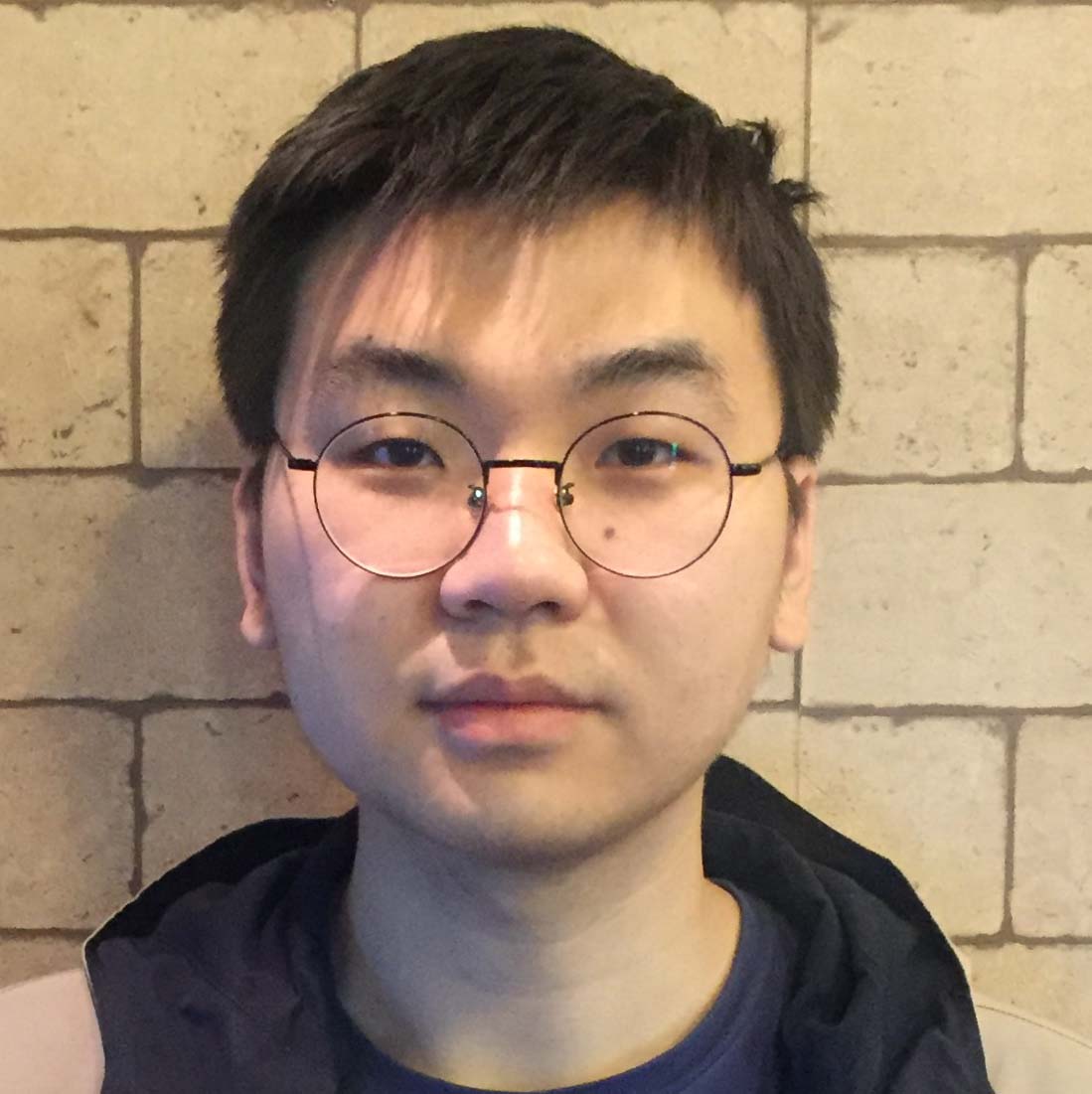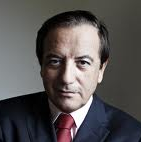An impressive array of European top politicians – including the French President Francois Holland and spearheaded by the top brass from Brussels (Herman Van Rompuy and Jose Manuel Barroso) – flocked to Asia this Monday, taking part in the Asia-Europe Meeting (ASEM), teaming up with all of their Asian counterparts in the normally tranquil atmosphere of Vientiane, capital of Laos. Is this part of Europe’s pivot to Asia?
When there is talk of the EU, the immediate association is the on-going debt crisis rollercoaster which Asians, and particularly Chinese, follow with acute interest because the EU is one of their largest export destinations. ASEM members represent together more than 60% of international commerce. Fittingly, the host country Laos is celebrating its recent admission ticket to the World Trade Organisation.
And trade is definitely the area where the EU still makes a mark in Asia. Undeterred by crisis, it has pro-actively begun to spin out its own network of Free-trade agreements in the region. A deal with South Korea was concluded last year.
Negotiations are under way with India and several ASEAN-countries. Next in line stands Japan. Even China has reached out to the EU, worrying that it could be left out in the same way as with the US’ TPP-trade initiative. On this ticket, the EU is showing why it shouldn’t be counted out in Asia.
When it comes to broader Asian regional security questions, Europeans are still conspicuously absent, as former Australian PM Kevin Rudd told a crowd of European foreign policy experts recently in Berlin and he went on to state that ‘the world is moving to become a Asia-Pacific world’, asking how Europe would fit in to that.
Europeans remain somewhat stuck in the one-dimensional vision of Asia’s rise being purely about economic opportunities. The current spat over islands and rocks with China and its neighbours demonstrate the dangerous undercurrents.
Recently, all the right tunes have come out of Brussels. Ashton has coined her accrued presence at Asian gatherings including this one, as part of an ‘Asian Semester’ and is seeking to label the EU as an ‘Asian partner’. Likewise, all the member states signed up to new guidelines on EU’s policy in East Asia including on thorny issues such as South China Sea. And at the last Asian Regional Forum, Ashton teamed up with Clinton on joint cooperation in Asia.
Actually, the maritime disputes are one of the test cases of the EU’s resolve at the ASEM-summit. China is working to push the item of the agenda. Back in July, China seems to have managed that by back-door diplomacy with the ASEAN foreign minister’s gathering. The summit ended without even the usual bland communique since host country Cambodia sought to appease China by leaving out such a reference to the dispute in the South China Sea affronting its fellow ASEAN members, Vietnam and Philippines that have a direct stake. Similarly, European countries have gotten demarches leading up to the ASEM summit on China’s strong wish to see the issue disappear at ASEM as well.
With ASEAN, the EU stands at an interesting new point for increased cooperation. Burma is no longer the dividing flash point with Europeans clamouring for sanctions and ASEAN, on the other side, for quiet diplomacy. Instead, there is possibility to work together on creating development opportunities and the EU recently upgraded its presence in Burma.
Secondly, the EU has been pulled down from its pedestal by the eurocrisis as the pinnacle of regional integration worldwide. It could now reboot cooperation on a more equal basis with ASEAN. Both organisations suffer from difficulties getting their joint voice heard and both get split internally by outside powers including China. There is common ground on figuring out how to up the game as a regional organisation.
Finally, ASEAN is also the EU’s entry ticket into further regional instances in Asia notably the East Asia Summit (EAS) where the EU isn’t invited, although Europe has been knocking meekly at the door asking for observer status. Here there is a strong case for the EU doing its own institutional homework first. The rest of the world is slightly exasperated with the number of Europeans in G-20. If an EU-presence at EAS entails both the new holy trinity heading the EU-institutions: Van Rompuy, Barosso, and Ashton potentially flanked by a local Presidency not to mention the three large countries looking after their national interest, then Europeans squeeze out everybody else in the room. It seems that one of the requirements for a seat at the table would be for Europe to come with one credible interlocutor to pass their joint messages.
The EU must wake up to a new reality, particularly in Asia, where it doesn’t have an automatic seat at the table and must work harder for its relevance. ASEM is a good occasion to do so.
Jonas Parello-Plesner is a Senior Policy Fellow at the European Council on Foreign Relations.

